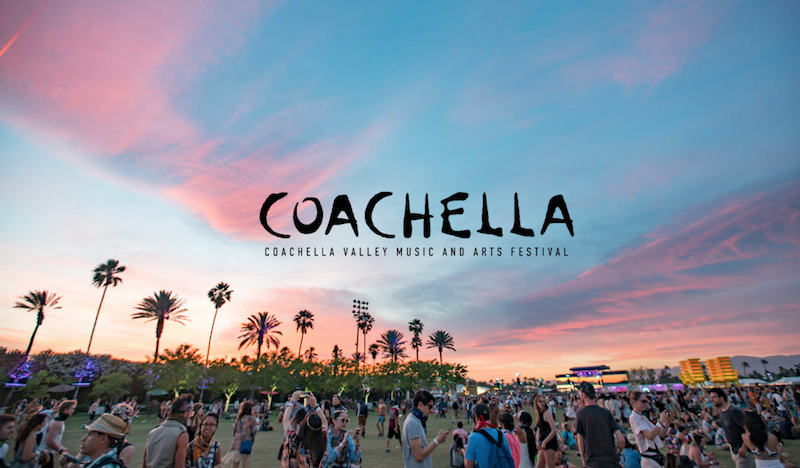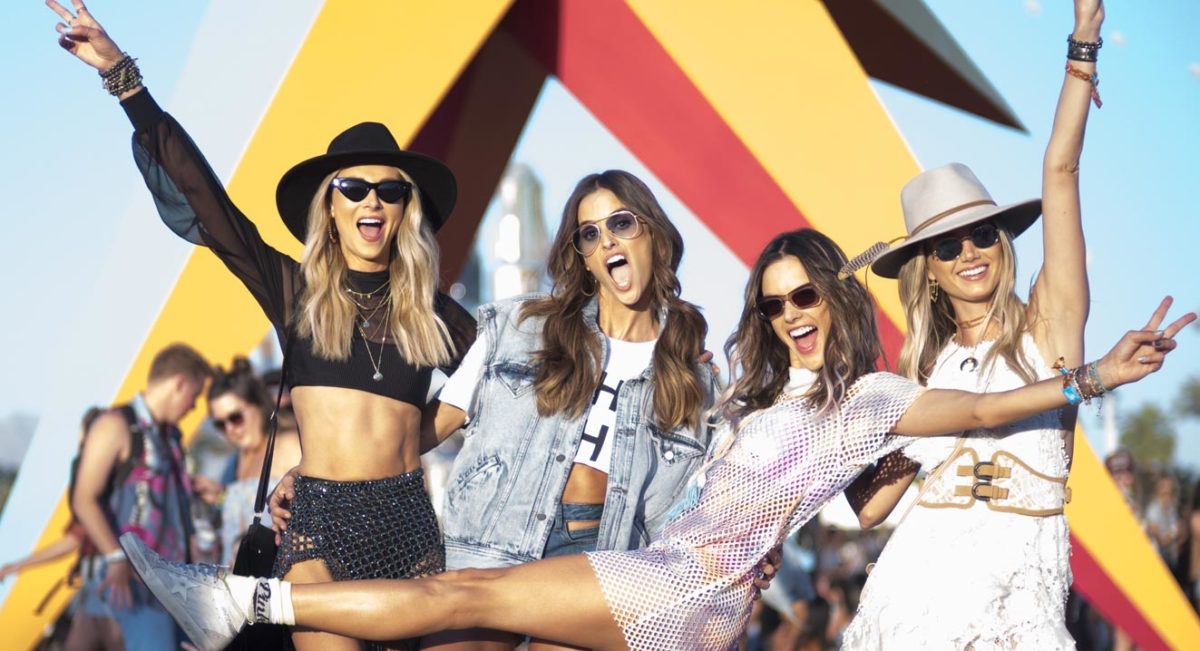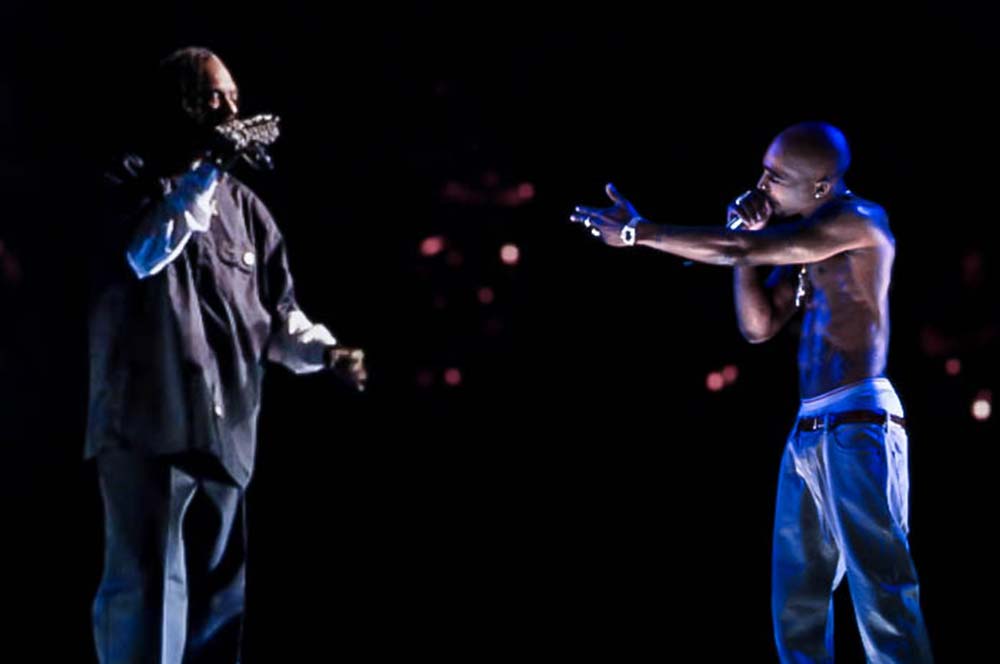In a normal, pandemic-free world, celebrities would currently be in the desert of Indio, California, rather than going live on Instagram in their living rooms. They would be attending the 21st instalment of the annual Coachella Music and Arts Festival: one of the most popular events in the pop culture calendar, an amalgamation of music, fashion, art, celebrity and spectacle.

The past weekend of April 10 to 12 would have been Coachella’s famous ‘Weekend 1’ – the festival spans over two weekends, with the same playbill for the duration of the festival. Given the current state of the world, Coachella announced last month that the festival would be taking place in mid-October, returning to the festival’s original date when it debuted in 1999.
However, Coachella’s mark on the festival scene, and pop culture as a whole, has only occurred in recent years. The first ever Coachella was back in 1999, spearheaded by Paul Tollett and Rick Van Santen of music promotion company Goldenvoice. The lineup featured a variety of genres (one of the festival’s key characteristics) including Beck, Rage Against the Machine and Tool. Back then, the event was one-day only, and only 25,000 tickets were sold.
Fast forward to today, the festival’s reputation has become one of wealth and exclusivity – last year’s Weekend 1, headlined by Childish Gambino, Tame Impala and Ariana Grande, sold out in 40 minutes, with both weekends selling out in six hours. The festival’s revenue finally peaked in 2017, at $114 million. Today, festival passes can range from $429 for general admission, up to over $1000 for VIP experiences. This does not include camping fees (or luxurious Palm Springs accommodation), travel, and, of course, festival wardrobe costs. Coachella’s appeal is that it is an all-encompassing experience, rather than a stand-alone festival.

Coachella has produced some of the most iconic moments in music history, with its 20-year anniversary being celebrated in the YouTube Originals documentary “Coachella: 20 Years in the Desert.” The documentary, which is available for free on YouTube, looks at the festival’s history from its conception to its latest iteration. It follows the story of the Goldenvoice crew from the very beginning, from their start in promoting punk shows and their history with drugs, and showcases how the festival has evolved into a rule-breaking force to be reckoned with.
Some of the notable moments highlighted in the documentary include the moment Tupac, in the form of a hologram, performed with Dr. Dre and Snoop Dogg at the festival in 2012. The hologram of the late hip-hop icon, a project that took over six weeks and was essentially made from scratch, captivated the audience and the world. Coachella had managed to inject illusion, fantasy and disbelief into inherently-candid live music.
Another icon that left their mark on the festival is 2018 headliner Beyoncé, whose performance was so enchanting that it renamed the festival #Beychella, performed a perfectly-choreographed, intricately-executed set, complete with an army of back-up dancers and a marching band. Her performance was a celebration of her greatest hits, and even an ode to her roots with a much-awaited Destiny’s Child reunion. Beychella transformed what it meant to perform at the festival – with over 450,000 online viewers in addition to the 125,000 in the audience, there is no doubt that Coachella is synonymous with spectacle.

The festival’s success does not come without criticism – over the years, Coachella and their founders have found themselves the subject of public backlash. Gender disparity at Coachella has been an issue since the festival’s conception: there are no female headliners on this year’s lineup, and industry watchdog Book More Women reports that only 35% of all Coachella artists and bands were female in 2019, only up by 1% from the year prior. Coachella has often been dubbed a ‘boys club,’ despite female artists dominating music and a large portion of the festival’s population being female.
Beyonce acknowledged her novel position in her 2019 performance: “Thank you for letting me be the first black woman to headline Coachella,” said the singer.
Calls to boycott Coachella have circulated in recent years after it was revealed that Phillip Anschutz, the owner of Goldenvoice, was a major donor to Republican super PACS and highly conservative, anti-abortion, anti-LGBT organisations. This is, of course, in stark contrast to the festival’s premise of self-expression and celebration. Anschutz, of course, claimed that these comments were “fake news,” and Coachella has managed to retain its icon status in pop culture.
Coachella is more than a music festival – it has cemented its role as an empire, and their success doesn’t seem to falter. Their problematic ties are interestingly not enough to disconnect from the Coachella experience, perhaps demonstrating how deep Coachella’s roots are in pop culture today. It is clear that they have left their legacy on what it means to perform as an artist, and what it means to watch an artist perform live. The question is, how will they continue to lift the bar and do what has not been done before?
Subscribe to FIB’s Weekly Alchemy Report for your weekly dose of music, fashion and pop culture news!






